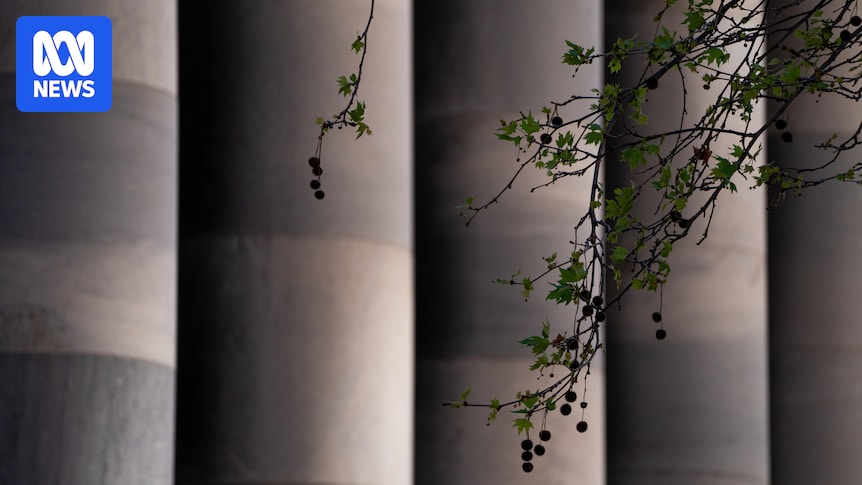
A legislative proposal to amend South Australia’s abortion laws, aiming to restrict terminations after 23 weeks, was defeated in the state parliament’s Upper House. The vote, conducted at 9 PM, concluded with 11 members opposing and 8 supporting the bill.
The bill, introduced by independent Upper House MP Sarah Game, sought to impose stricter criteria for abortions post-23 weeks, allowing them only in cases of significant fetal abnormalities, threats to the life of the mother, or the life of another fetus. Current state law permits abortions beyond 23 weeks if the pregnancy poses a “significant risk to the physical or mental health” of the pregnant individual, contingent upon approval from two doctors.
Debate and Division in Parliament
Ms. Game, who previously represented One Nation, argued that mental health should not justify late-term abortions, suggesting that those experiencing severe mental distress should be treated under the Mental Health Act. During the legislative session, she emphasized that late-term abortions should not be trivialized as infrequent occurrences, stating, “A lot of healthy babies [are] being denied a choice at life.”
Conversely, Independent MLC Tammy Franks opposed the bill, asserting that restricting abortion does not prevent it but rather makes it unsafe. “Abortion bans are linked to rises in sepsis, infant deaths [and other health issues],” she remarked, highlighting the potential health risks associated with limiting access to safe abortions.
Historical Context and Previous Proposals
This legislative effort follows a similar bill introduced by Liberal MP Ben Hood last year, which proposed inducing birth for women over 27 weeks and six days gestation, instead of terminating the pregnancy. That bill was narrowly defeated after a prolonged debate in October.
Ms. Game’s proposal received backing from anti-abortion advocate Joanna Howe, who played a role in drafting both bills. The ongoing legislative efforts underscore the contentious nature of abortion laws in South Australia, reflecting broader debates over reproductive rights and medical ethics.
Public Reaction and Political Implications
Prior to the vote, hundreds of pro-life demonstrators gathered outside Parliament House, signaling strong public engagement on the issue. This demonstration followed a pro-choice rally the previous week, which also drew significant attention.
Within the chamber, Mr. Hood reiterated his unwavering stance on the matter, stating, “No-one in this chamber would doubt that my beliefs on this topic are firm. We do stand here today knowing viable babies have died as a consequence of [the current act].”
Meanwhile, Liberal MP Michelle Lensink expressed her opposition to the bill, becoming emotional as she articulated her concerns. “I think this bill undermines one of the fundamental principles of health decision making which is informed consent,” she said, adding that supporting individuals oppressed by unjust laws is a core value of the Liberal Party.
Looking Ahead
The rejection of this bill maintains the status quo of South Australia’s abortion laws, but the debate is far from over. The division among lawmakers and the public suggests that abortion will remain a pivotal issue in future legislative sessions.
As both sides of the debate continue to mobilize support, the implications of this decision will likely influence upcoming political campaigns and policy discussions. The outcome serves as a reminder of the complex interplay between law, ethics, and personal beliefs in shaping public health policies.







